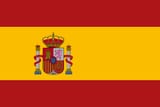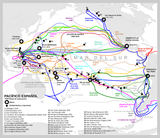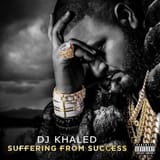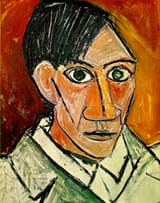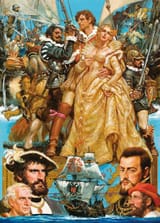>>214008269 (OP)
1. Francisco de Vitoria (1483–1546)
Considered the founder of modern international law.
Argued for the rights of indigenous peoples in the Americas and the limits of colonial power.
2. Domingo de Soto (1494–1560)
Philosopher and theologian who contributed to natural law and economics.
Early ideas about just price and fairness in trade.
3. Luis de León (1527–1591)
Poet, theologian, and humanist.
Promoted the study of classical languages and literature, combining faith and reason.
4. Francisco Suárez (1548–1617)
Philosopher and theologian, influential in metaphysics and political philosophy.
His work influenced both European scholasticism and later thinkers like Grotius.
5. Benedicto de Spinoza (although Dutch, influenced by Salamanca)
Not Spanish, but his rationalist philosophy had roots in scholastic debates.
Useful to mention in context of Salamanca’s influence on European thought.
6. Juan de Mariana (1536–1624)
Historian and philosopher, advocate for political theory.
Wrote about tyranny, monarchy, and the moral limits of power.
7. Alonso de la Vera Cruz (c. 1507–1584)
Philosopher and theologian in New Spain (Mexico).
Integrated Aristotelian philosophy with local teaching and practical ethics.
8. Melchor Cano (1509–1560)
Theologian and philosopher.
Important in systematizing scholastic theology and rational argumentation.
9. Pedro de Valencia (1555–1620)
Humanist and theologian.
Critic of the mistreatment of indigenous populations in the Americas.
10. Juan Luis Vives (1493–1540)
Philosopher and humanist.
Pioneered modern psychology and education, emphasizing empirical observation and ethics.
Do you want more?? And we were a Top historic world empire, named oceans (Oceano Pacifico), islands, countries, thousands of rivers, mountains (Colorado Canyon), etc.
We worked more than any other nation in the history of Mankind, more than the Roman Empire or any other.
 8/20/2025, 6:08:05 PM
No.214008269
[Report]
>>214008463
>>214009101
>>214009204
>>214010027
>>214010087
>>214010340
>>214010551
>>214010658
>>214012673
>>214013180
>>214013926
>>214015771
>>214016409
8/20/2025, 6:08:05 PM
No.214008269
[Report]
>>214008463
>>214009101
>>214009204
>>214010027
>>214010087
>>214010340
>>214010551
>>214010658
>>214012673
>>214013180
>>214013926
>>214015771
>>214016409
